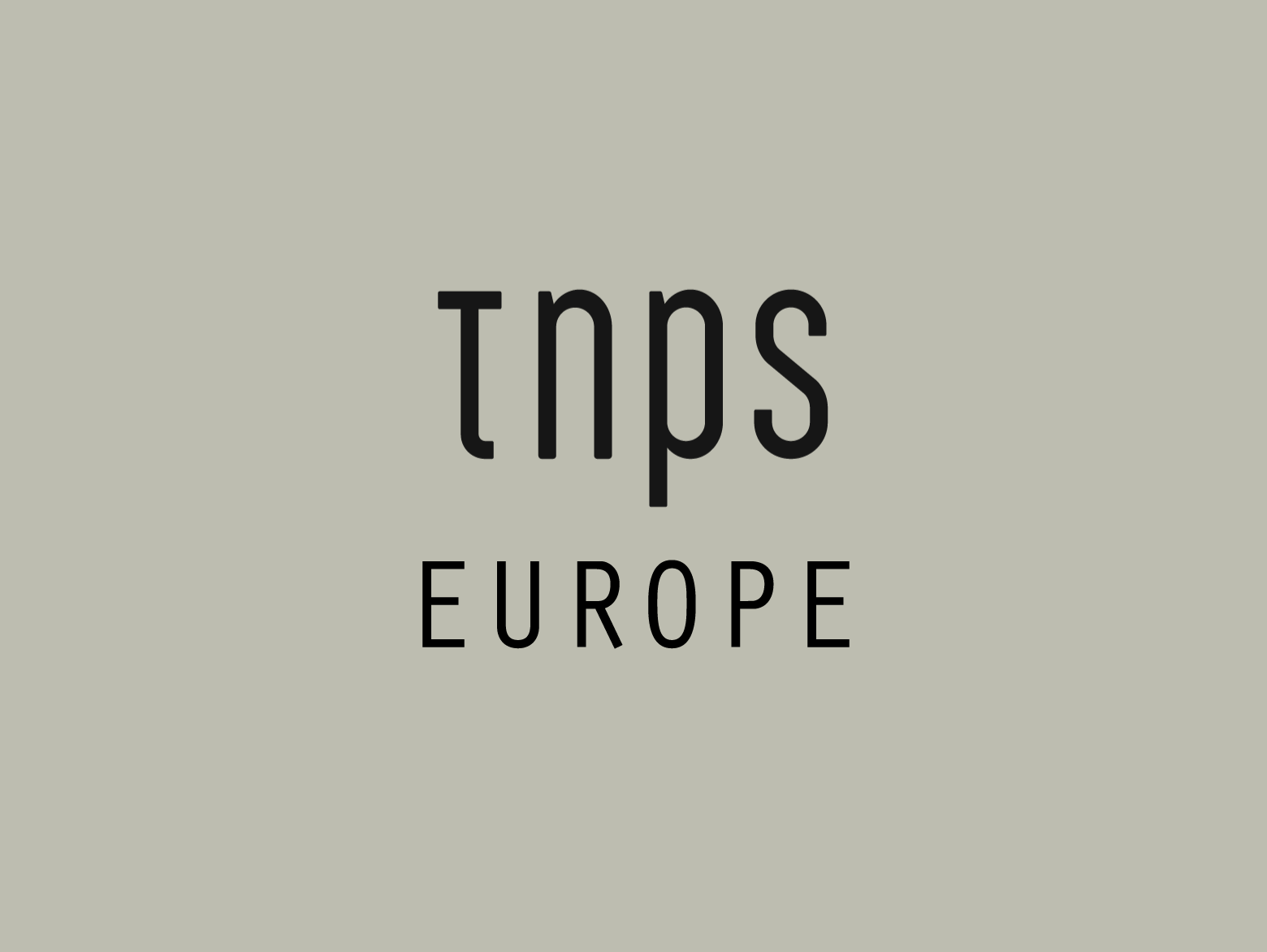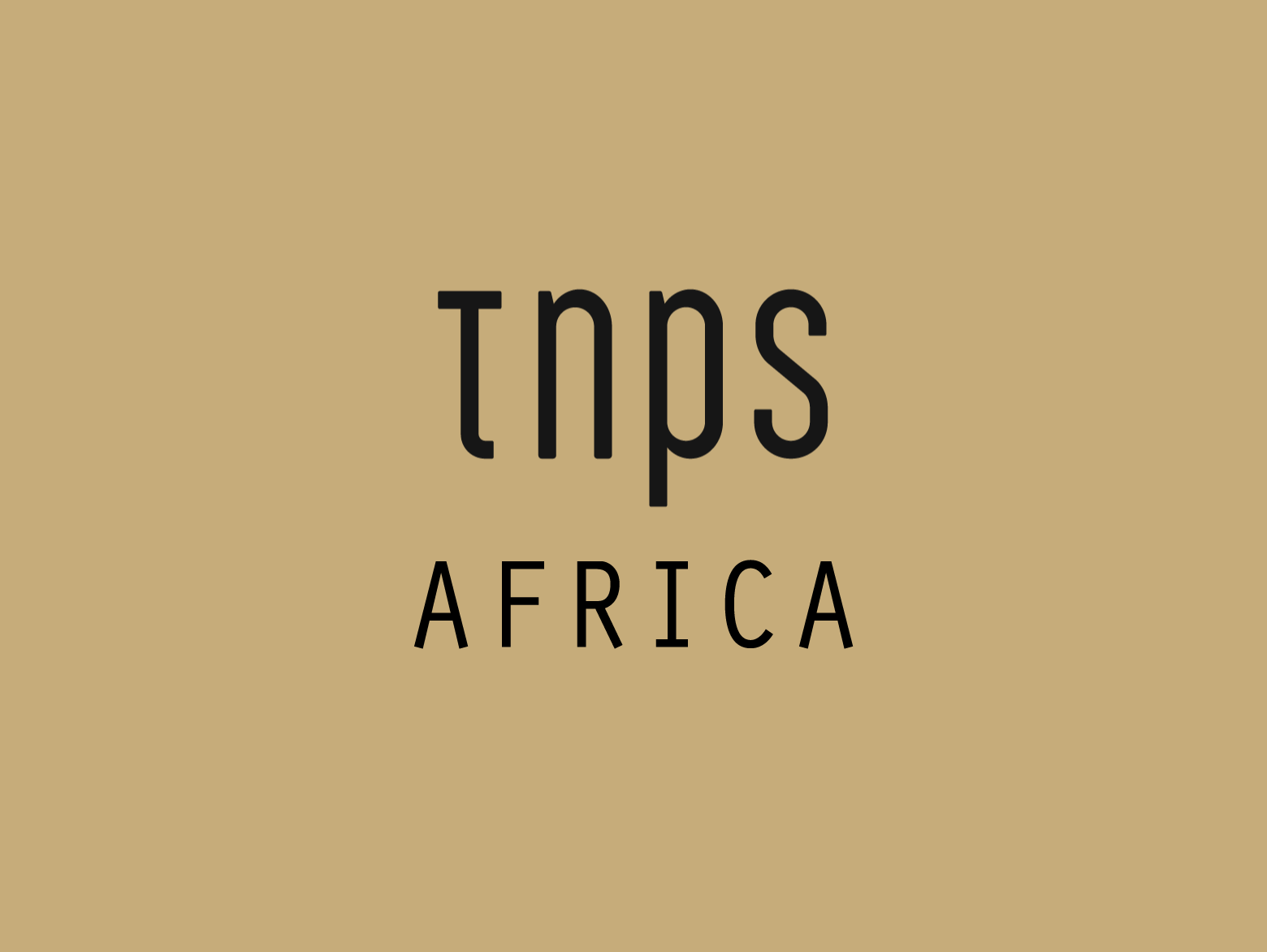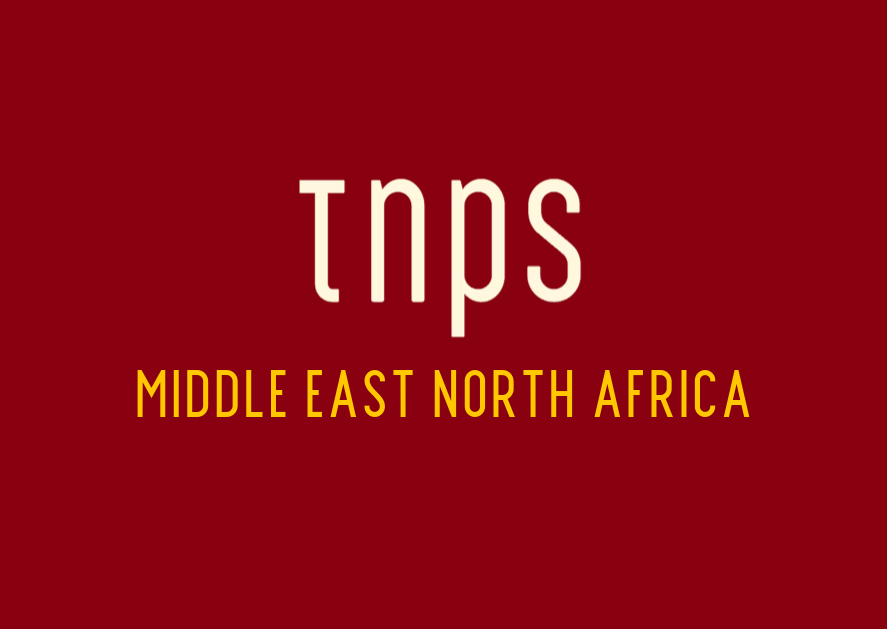It was never going to stand up to scrutiny, but whenever publisher sales dip an excuse is rolled out to explain it’s not the industry’s fault. Elections, screen fatigue, social media, bingeing on Netflix…
Maybe the publishing industry spokesfolk tasked with putting a spin on the bad news should just number the excuses.
Sales down in February? That will be Excuse #3, sir. Another dip in April. Excuse #43.5. July? Oh, that was a combination of Excuse #23 and #36. Very common in the summer months.
It’s all nonsense, of course. Screen fatigue? It’s funny how readers suddenly got tired reading on screens when mainstream publishers hiked their ebook prices to parity or higher than print, yet ebook downloads at libraries soared.
Social media? Any publisher living in the twenty-first century knows social media is one of their greatest assets, driving discovery and sales.
As for Netflix killing book sales. You only have to look at the correlation between the book charts and Netflix series based on books to understand that’s a nonsense too.
Rather, Netflix (which I use here as generic shorthand for all the myriad streaming services popping up around the globe) is responsible for a boom in international sales as new books are discovered via video adaptations on the streaming services.
A new Netflix series called Into the Night is a case in point.
Due to premiere in 2020 the series is billed as,
a post-apocalyptic vision of Earth where a series of terrible solar phenomena have taken place. The sun is now destroying everything in its path, and survival is only possible at night.
The series is based on the 2015 book The Old Axolotl, by Polish science fiction and fantasy writer Jacek Dukaj, and is the first Netflix original from Netflix Belgium.
But it’s the third Netflix Original with Polish ancestry, as The First News reports:
The series 1983, a Polish Netflix original released last autumn, is set in a fictional Poland in which the Iron Curtain did not collapse and the Cold War is not over.
The Witcher, a fantasy drama TV series based on the books by Andrzej Sapkowski, is set to premiere on the platform later this year.
It’s a reminder that Netflix and likes services are not just creaming off the big name western talent to recycle to their western audiences but are breathing new life into and giving new reach to books, to literature and to the cultures of countries like Belgium and Poland where, if we are honest, we might not normally look to for our next read.
Digital streaming and digital publishing have together shrunk the world and removed barriers to the interchange of cultures barely conceivable twenty years ago, and just beginning to be felt ten years ago.
We are witnesses to, and participants in, a Global New Renaissance quite unprecedented in human history, that in the coming decade will rise to new heights.
But as in the 2010s, so in the 2020s it will likely led by digital video with publishing being dragged screaming in its wake.




